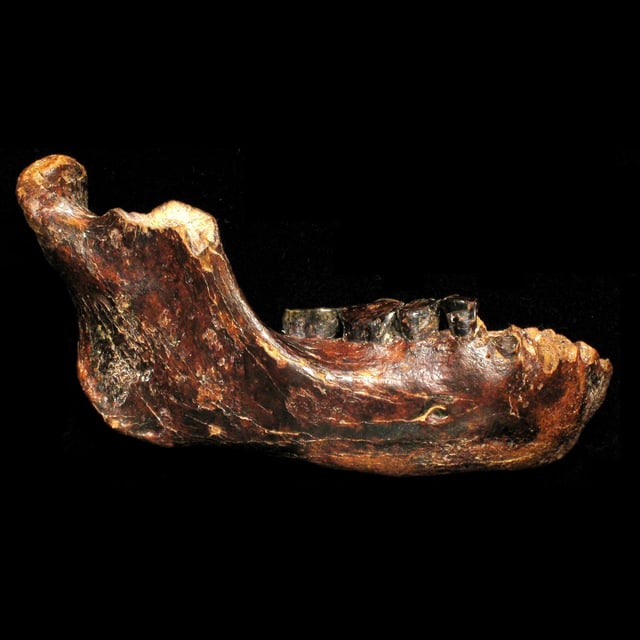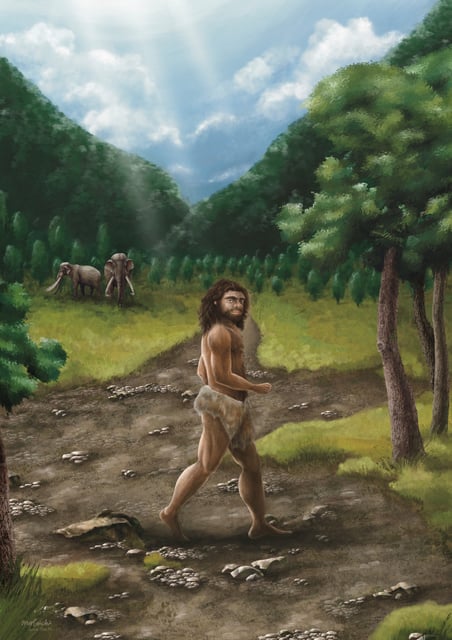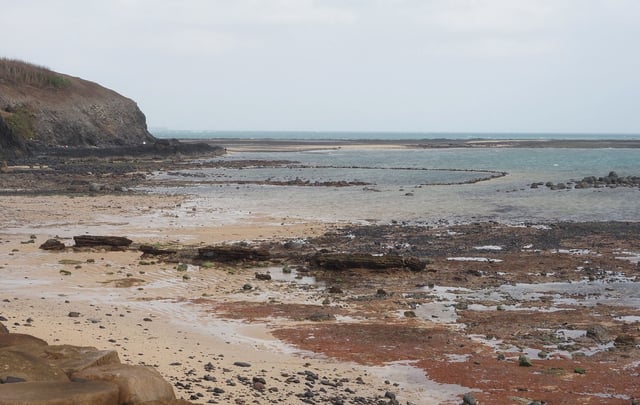Overview
- The Penghu 1 jawbone, recovered from the seafloor off Taiwan, has been definitively identified as belonging to a male Denisovan through paleoproteomic analysis.
- This discovery marks the first confirmed Denisovan fossil found in subtropical Asia, expanding their known geographic range beyond Siberia and the Tibetan Plateau.
- Protein sequencing identified two Denisovan-specific amino acid variants, as well as a marker indicating the fossil's male sex, despite the absence of recoverable DNA.
- Dating challenges persist, with the fossil estimated to be from one of two periods: 10,000–70,000 years ago or 130,000–190,000 years ago.
- The finding enhances the sparse Denisovan fossil record, providing new insights into their robust anatomy and adaptability to diverse environmental conditions.



